FAQ: 2020 Farm Requirements
A detailed FAQ about the Rainforest Alliance 2020 Sustainable Agriculture Standard Farm Requirements.
Home / Business / Certification / Page 52
Certification has had a huge impact in bringing sustainability to the forefront of business thinking, but it must continue to evolve to provide more value to farmers and companies and ensure that people and nature can thrive in harmony.
That's why the Rainforest Alliance launched its new Certification Program, which entered into force in July 2021. The Sustainable Agriculture Standard, along with its assurance and technology systems, are data-powered, and based on the principles of continuous improvement, risk-based assurance, contextualization, and shared responsibility. This is how we can deliver more value to the two million farmers and thousands of businesses that use Rainforest Alliance certification to drive more sustainable agricultural production and responsible supply chains.
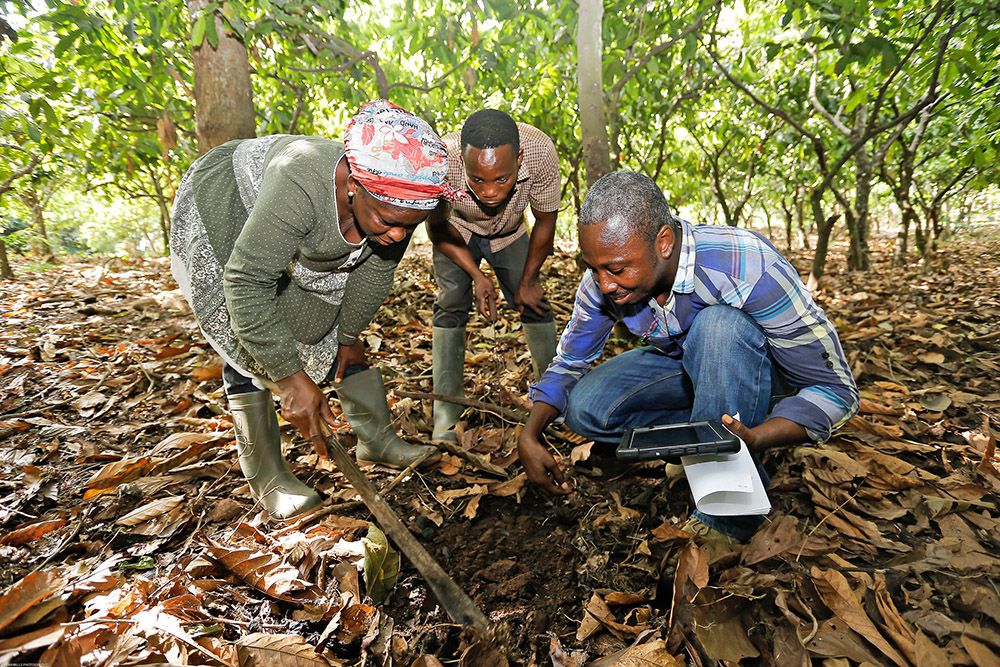
The certification program is part of the Rainforest Alliance’s strategy to drive sustainability at scale in the sectors in which we operate through interconnected interventions supporting certification, tailored supply chain services, landscapes and communities, and advocacy.
Key priorities of our cocoa strategy are assurance, shared responsibility, supply chain transparency, and profitability and resilience.
How we have tailored the implementation and verification of standards requirements on child labor and forced labor to the risk exposure of each farm.
Our shared responsibility approach aims to distribute benefits and costs of certification more evenly between farmers and companies.
Begin your journey of certification with the Rainforest Alliance.
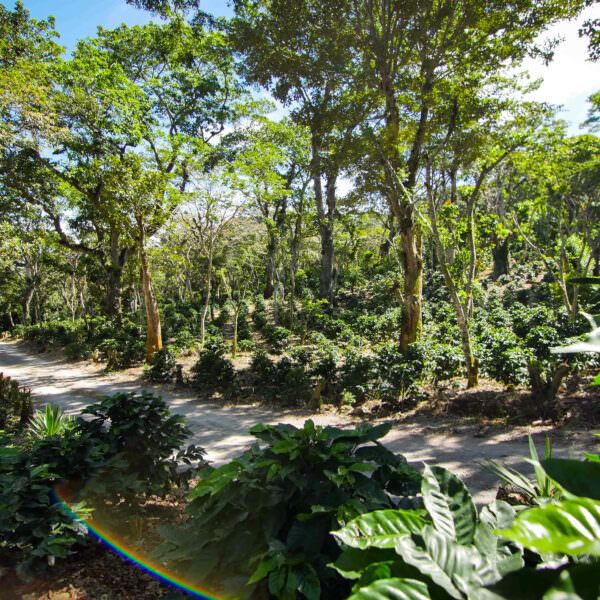
A detailed FAQ about the Rainforest Alliance 2020 Sustainable Agriculture Standard Farm Requirements.
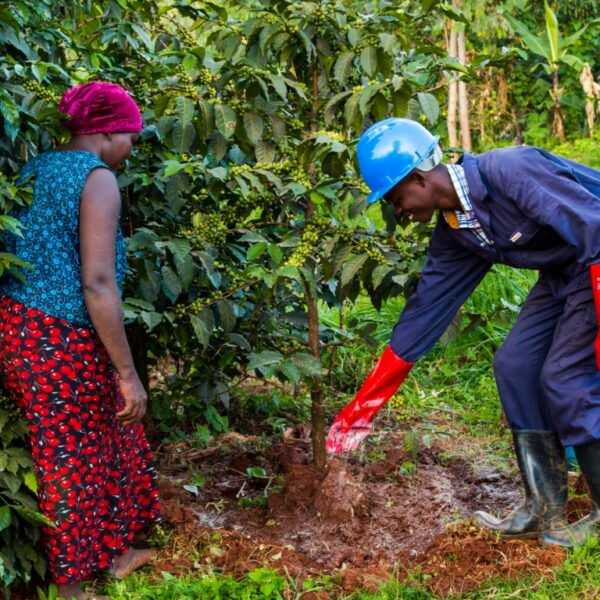
Find out what Ugandan coffee exporter, Kyagalanyi Coffee, had to say about the new program—from the improvements to the challenges.
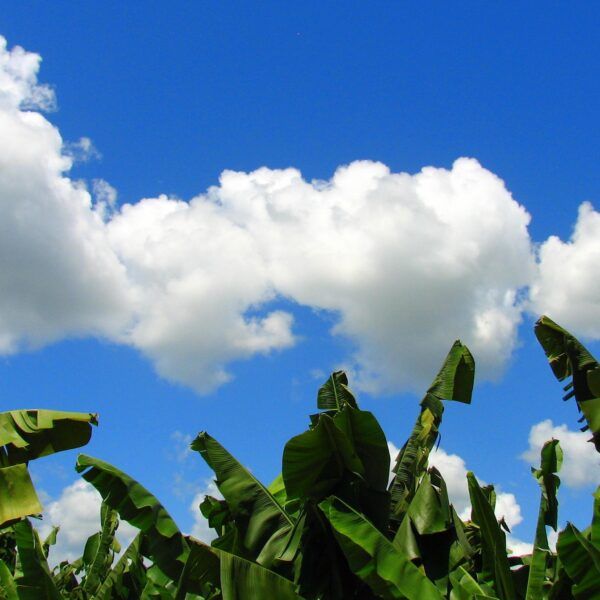
After teaming up for an early implementation pilot of our strengthened certification program, both Finca Esmeralda and the Rainforest Alliance took away learnings that will contribute to a more sustainable banana sector.
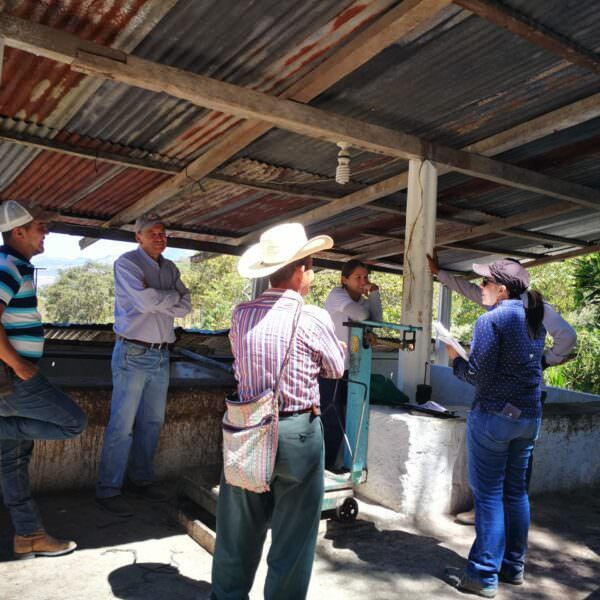
Rainforest Alliance certification is carried out by our authorized certification bodies. Find an authorized certification body in your county.

Smallholder tea farmers in Kenya are organized through the Kenya Tea Development Agency (KTDA), which works with farmers to produce, process and market high quality teas. KTDA promotes better tea production practices in order to help smallholder farmers increase production quantity and achieve certification–with the ultimate goal of strengthening existing tea markets and establishing new […]

This independent evaluation compared the situation of certified tea farmers in Kenya between 2010 and 201 and took into account external factors which could also have influenced the outcomes. The certification program in Kenya aims to improve sustainability in the tea sector and supports smallholder tea farmers to implement better farming and management practices, by […]

The report summarizes the results of four studies conducted by Cenicafe, a Colombian coffee research institute. Streams were found to be healthier on certified farms, and certified farmers implemented a variety of best management practices at a higher rate than their non-certified neighbors.

This report evaluates the effectiveness of the Cocoa Improvement Program (CIP), implemented by IDH, UTZ and Solidaridad between 2008 and 2012. This program brought together key players throughout the value chain, including farmers, traders, processors, chocolate brands, supermarkets, NGOs and governments. Their joint efforts have brought sustainability more to the forefront in the cocoa supply […]

More than120,000 cocoa farms in 11 countries have achieved Rainforest Alliance certification, covering an area of nearly 500,000 hectares (1.24 million acres), and with recent commitments by Unilever, Mars, Kraft and others to source Rainforest Alliance Certified cocoa, these numbers are almost certain to increase. The program’s exponential growth has prompted the Rainforest Alliance to […]

Wageningen University evaluated different training models used by the Kenya Tea Development Agency (KTDA) to enhance sustainability of tea farming practices: Farmer Field Schools training (FFS) and Rainforest Alliance (RA) training and certification. Data was collected to track the impact of both training models on knowledge levels, implementation of GAPs, production, income and livelihood. This […]